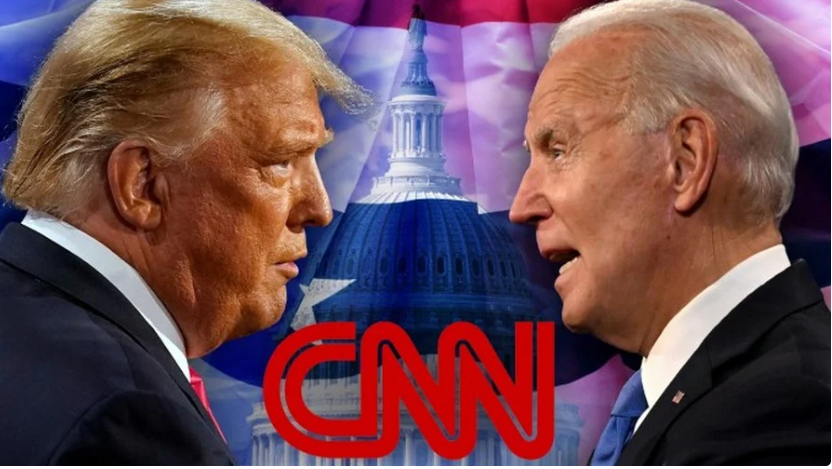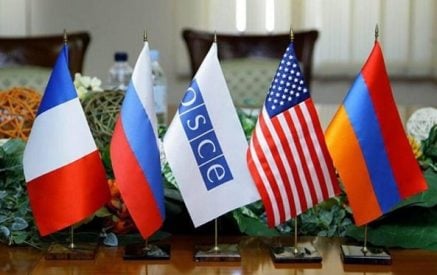Trump’s possible victory will be one of the signals of this
Polybius, the Greek historian of the 2nd century BC, was perhaps the first to clearly formulate the thesis of the cyclic nature of history. Developing the Platonic idea of forms of government (from monarchy to ochlocracy), Polybius argued that the succession of these forms is a cycle, after which comes their repetition at another level. In other words, after the ochlocracy, the monarchy will come again, which the historian calls “the kingdom”, then tyranny, oligarchy, etc. Moreover, according to Polybius, every form already contains the germ of its own destruction “underneath”.
Later, similar theories were put forward by Machiavelli, Campanella, Vico, Spengler, also Danilevsky and Gumilyov from Russia.
Now let’s ask ourselves what stage we are at. If we take a relatively short period of time, it can be described as a period of “widespread war conflicts”. Maybe it cannot be called a “world war” by any formal features, but it is a historical period when the balance of the world order was broken, and no one can guarantee anything.
Read also
This period did not start in 2014, when Russia annexed Crimea, but a little earlier, from the Arab Spring. It was, of course, a multi-layered phenomenon, including the sincere struggle for democracy. But with its main features and huge inclusion, it was another impulse to reshape the world.
If we take a longer period, we can say that the phase we are living in began with the collapse of the Soviet Union, and thus the “small period” of war conflicts enters into it as an integral part and is a “sub-phase” of this larger phase.
The “big stage” lasting from the beginning of the 1990s to the present can be called the period of triumph and decline of extremist, “left” liberalism. Wars and revolutions here, one might say, “walk hand in hand.” The characteristic ideological traits are excessive optimism about human nature, progress and a “bright future”, as well as the delusion that supposedly free market relations and fair elections mechanically ensure democracy.
Revolutions, which, I repeat, are usually accompanied by internal and/or external wars, are partly the expression and consequence of such optimistic illusions. Bernard Shaw noticed that they are an illusion. “Revolution has never helped to shake off the log of tyranny. The most it can do is move that log from one shoulder to the other.”
This period lasting about 35 years, according to my impression, is coming to an end. The pattern formulated by Polybius works: each phase contains the characteristics of its own end. What are the similar features in this case? To name a few: irresponsibility, disbelief, extreme hedonism (“we just want to live well”), rejection of high, non-ordinary values. This has now become a dead-end mentality, which does not mean, however, that the liberal “left” will never experience new triumphs in the course of human history.
The end of an era is already felt in Europe. And it will be announced, I think, in the country with the greatest conservative potential. And it’s not Russia, although Putin likes conservative rhetoric, which, by the way, he uses in a rather eclectic way.
In fact, the most consistent conservatism can be demonstrated by the United States, whose state mythology is closely related to certain directions of Christianity (Protestantism). In particular, the idea of human rights, if we think deeply, is hard to imagine without Christianity.
If Trump is elected president this fall, it won’t be because he’s in better physical shape than Biden. The problem is not the people, but the ideological turn, which is experienced first by the West, then by the whole world.
When I say that the “left” phase is coming to an end, it does not mean that it will be announced tomorrow. It may take a few more years. How can we understand that a new phase is starting? When the major powers create a new global security system.
Lovers of historical parallels claim that the “modern” period began with the end of the Hundred Years’ War (1453), and the “post-modern” period will end with the creation of the aforementioned new system.
Aram ABRAHAMIAN
“Aravot” daily newspaper 02.07.2024






















































